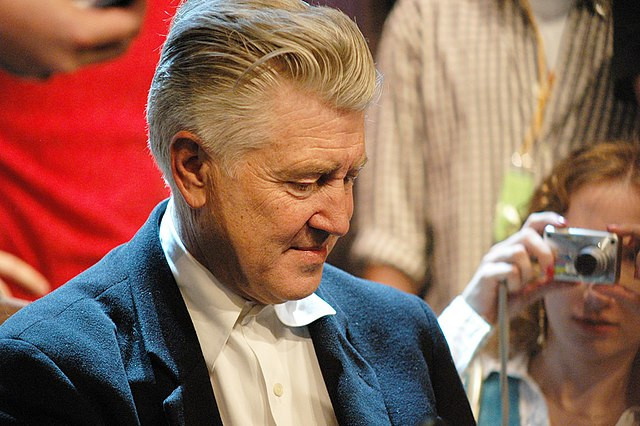Legendary filmmaker David Lynch died of cardiac arrest caused by chronic obstructive pulmonary disease (COPD), according to a death certificate issued by the Los Angeles County Department of Public Health. Lynch, who passed away at the age of 78 on January 16, had been battling emphysema after years of smoking, a condition that had significantly limited his mobility and forced him to rely on supplemental oxygen in his final years.
Lynch's family announced his death in a brief statement on social media, saying, "It is with deep regret that we, his family, announce the passing of the man and the artist, David Lynch. We would appreciate some privacy at this time." They also referenced one of his favorite sayings: "Keep your eye on the donut and not on the hole."
The filmmaker, best known for Twin Peaks, Blue Velvet, Mulholland Drive, and The Elephant Man, had openly discussed his declining health in interviews, admitting that his long history of smoking had caught up with him. "Smoking was something that I absolutely loved, but in the end, it bit me," Lynch said in an interview with Sight & Sound five months before his death. "It was part of the art life for me... Meanwhile, it's killing me. So I had to quit."
The director's health deteriorated rapidly in recent years. He acknowledged that walking had become "strenuous" and that he had been largely homebound. Lynch also expressed concerns that COVID-19 could further compromise his weakened respiratory system, leading him to stop working on film sets and explore remote directing as a possible alternative.
According to Deadline, Lynch's condition may have worsened after being displaced from his Sunset Boulevard home due to Los Angeles wildfires. While the details of his evacuation remain private, experts note that exposure to poor air quality can exacerbate COPD symptoms, which include chronic coughing, wheezing, and severe breathing difficulties.
Lynch was cremated, and his remains were buried at Hollywood Forever Cemetery on January 22. His passing prompted an outpouring of tributes from Hollywood and the broader artistic community. Actor Kyle MacLachlan, who starred in Twin Peaks and Blue Velvet, credited Lynch with launching his career. "He clearly saw something in me that even I didn't recognize," MacLachlan wrote on social media. "I owe my entire career, and life really, to his vision."
Naomi Watts, who collaborated with Lynch on Mulholland Drive, also shared her grief. "He put me on the map," she wrote on Instagram. "The world I'd been trying to break into for ten-plus years, flunking auditions left and right. Finally, I sat in front of a curious man, beaming with light, speaking words from another era, making me laugh and feel at ease."
Lynch's influence extended beyond filmmaking. He was also a painter, author, and musician, known for his experimental approach to storytelling. His 2017 revival of Twin Peaks for Showtime was widely acclaimed, cementing his legacy as a master of surreal, atmospheric storytelling. Other signature projects included Eraserhead, Inland Empire, and his portrayal of director John Ford in Steven Spielberg's The Fabelmans.
Despite his declining health, Lynch continued to develop new projects. In 2023, he pitched an animated series, Snootworld, to Netflix, though it was ultimately not picked up. He had also spoken about directing remotely if his health permitted.
Lynch, who had four children, left an indelible mark on American cinema with his distinctive style, often described as "Lynchian." His death marks the loss of a visionary artist whose work continues to influence filmmakers and creatives across multiple disciplines.





